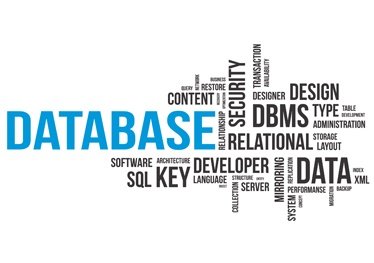When choosing a database for your project or programme, made to measure software or flashy online tools aren’t necessarily the right choice.
If you’re going to gather and analyse data in a serious way of course you need a database of some sort and, having spent much of my academic and professional career buried in them, I’m very much an advocate. But I too often see evidence of the database itself being regarded as the end rather than the means – as the solution to the challenge at hand rather than a tool for addressing it.
Perhaps that’s because we all so often feel under pressure, either external or self-imposed, to demonstrate what we have delivered in concrete terms. A specially commissioned database, perhaps with a catchy name and fancy interface, is something a project manager can point to and say, ‘I made this.’
The problem is that it takes huge amounts of time, resources and testing to create excellent software from scratch or to implement a powerful online tool, meaning that in practice these products all too often become clunky, creaky and frustrating. And products that don’t work well don’t get used.
As always, the answer is to focus on what you want to achieve. That will help you understand what kind of data you need to collect, who will be collecting and managing it and, therefore, what kind of system you need to house it.
Sometimes, of course, a custom-designed database or powerful online application are absolutely the right choice but, in my view, those occasions are actually very rare. More often than not the humble, rather plain Microsoft Access, or a similar tried and tested generalist professional product, is not only cheaper but also better suited to the task. Remember, these programmes have been worked on over the course of not only years but decades, and have huge amounts of resources behind their development and customer support programmes. Standard software also makes sharing, archiving and moving between systems faster and easier in most cases.
It is also possible to customise Access databases to a fairly high degree, either in-house using the software’s in-built features, using third-party software, or by hiring developers to create a bespoke front end interface without getting bogged down in the complicated underlying machinery.
And cloud data storage has made all this easier and cheaper than ever.
In conclusion, I’d like people to recognise that the real deliverable isn’t necessarily software, and that there’s no shame in off-the-peg. After all, a database is only as good as the information it holds and a clean set of useful, appropriate data is what people should really be proud of.
